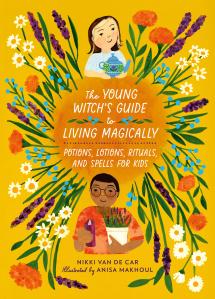Tea Leaf Reading for Young Witches
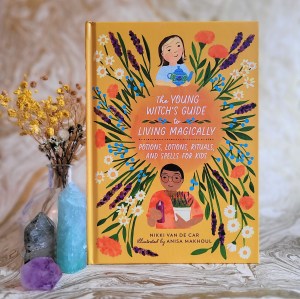
Welcome young witches into a magical way of living with bestselling author Nikki Van De Car’s forthcoming book for middle-grade readers The Young Witch’s Guide to Living Magically: Potions, Lotions, Rituals, and Spells for Kids, featuring illustrations by Anisa Makhoul.
A healthy magical life starts with wellness. As Nikki writes in the book’s introduction:
“Welcome, young witch! You are choosing to do magic for yourself—the most powerful witchcraft and also the simplest. Being a healthy young witch means living in harmony with the natural world and with your own creativity. And magical self-care means loving yourself and recognizing how strong you really are. Think of what your body does for you: it is the house your soul lives in, and like Howl’s Moving Castle, it travels around with you, allowing you to live your most magical life….
“You can find so much magic in making things for yourself, infusing them with your power and mystical being. This is something witches have done for centuries, and you can apply the knowledge gained through their history and traditions and combine it with your own ideas and creativity to bring peace, power, and everyday magic to your life. Wellness magic is not just something you do. It’s a way of life that any kid can choose.”
Enjoy this exclusive excerpt on tea leaf reading, also known as tasseography, a form of empowering magic. The Young Witch’s Guide to Living Magically is available now wherever witchy books are sold.
A NOTE ON SAFETY: This book has a lot of recipes and spells that ask you to use the stove or to chop herbs with a knife or to use ingredients that might burn or harm you if employed incorrectly. Make sure you practice your magic in a safe way and ask a parent or adult for help whenever needed—such as with a stove or knife.
How to Read Tea Leaves
The art of reading tea leaves—which is also known as tasseography—is hundreds of years old. You do it by looking for certain shapes in the tea leaves, like when you find shapes in clouds. Certain shapes in the tea leaves have meanings. For instance, here is a list of some standard symbols and their interpretations.
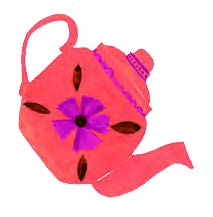
APPLE
You’ll have good health and good fortune.
BIRD
You’ll discover new information and decisions that need to be made.
BOOK
You’ll have more learning.
BUTTERFLY
Expect happiness and exploration.
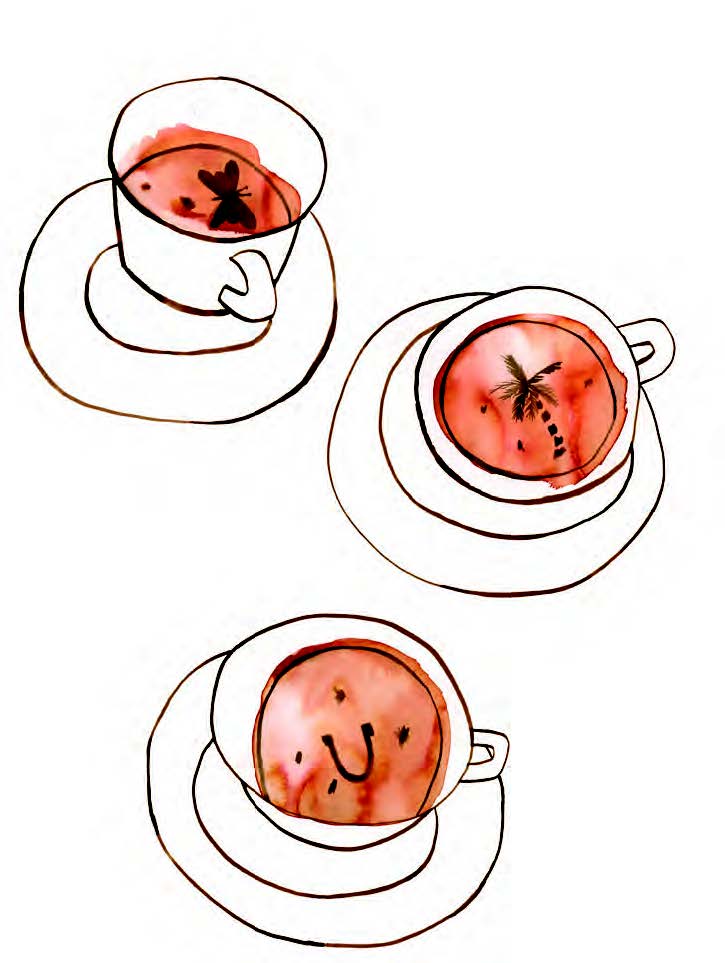
CLAW
You’ll experience negativity or gossip.
CROSS
There’s a challenge to be overcome.
CUP
There is an opportunity awaiting you.
DRAGON
Expect a sudden and enormous change.
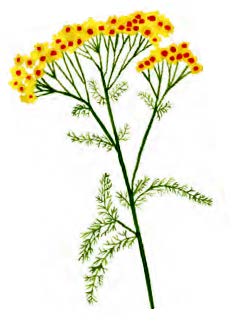
EGG
You’ll have new ideas and new plans.
EYE
You’ll find strength or solutions to problems.
HORSESHOE
You’ll have good fortune.
HOURGLASS
This is a sign that you shouldn’t wait.
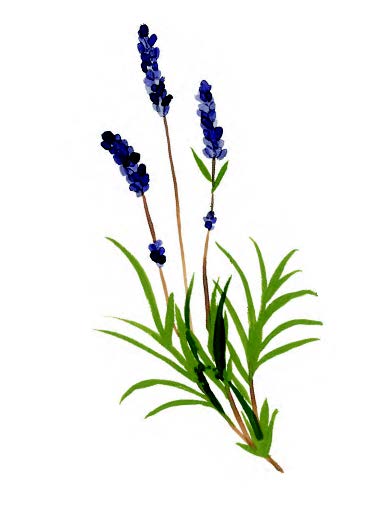
KEY
Expect things are going to get better.
KNIFE
This is a sign of hard times, particularly in friendships.
PALM TREE
You’ll find honor, fame, and wealth.
RAVEN
Note that a change is coming, but it’s probably a bad change—or might seem so at first.
TOADSTOOL
This is a warning against gossiping or taking chances.
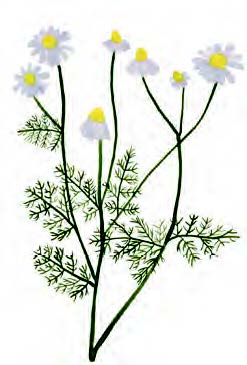
There are a lot of symbols you might see in your tea leaves, but this list gives you an idea of the way tasseography works: an image comes to mean something cultural—like the way we think snakes are evil—and that cultural understanding is how you interpret your leaves. Now, if you are reading for yourself or someone you know well, then you might have a little more information that can help make your reading truer—like a snake representing your dad who loves reptiles, or something like that.
To perform a reading on yourself or someone else, use a shallow white teacup with a saucer or a small plate, as this will allow a greater space for the leaves to settle and let you see the shapes more clearly. Brew whatever kind of tea will best help give you the answers you seek, but add the water directly to the herbs, without using a strainer. Be sure to use small, dried herbs, as they will form clearer pictures. Allow your tea to steep for five minutes, and then drink the tea, leaving a teaspoon or so of liquid behind, along with the floating herbs.
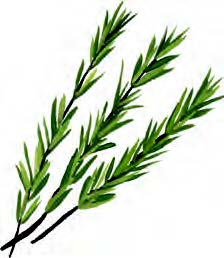
Swirl the remaining tea in your cup three times. Quickly flip the teacup over and place it upside down on the saucer. Spin the cup three more times as it rests on the saucer, then turn it back over. You will probably find a bunch of different pictures in the herbs. Use their different meanings along with where they show up on the cup to understand the full reading. The handle of the cup represents the self—yourself or the person you are reading for. The rim of the cup represents the present. The sides show events in the near future, and the bottom of the cup is the distant future.
Reading tea leaves requires you to use your imagination and your intuition. You might feel awkward or silly doing it at first, but if you trust your instincts and go with the flow, tasseography can be a useful and fun form of divination.
Dive Deeper
The Young Witch’s Guide to Living Magically teaches young witches that there is a strong connection between their body and spirit. With chapters on the internal, the external, and the home, young readers will learn to use charged crystals, healing herbs, and sacred spaces to help alleviate their stress and to create a better life for themselves. From projects such as baking lavender-chamomile cupcakes to creating shampoos to building wind chimes and more, mystical expert Nikki Van De Car gives kids calming ways to bring peace, power, and magic into their busy lives.






